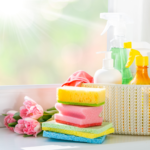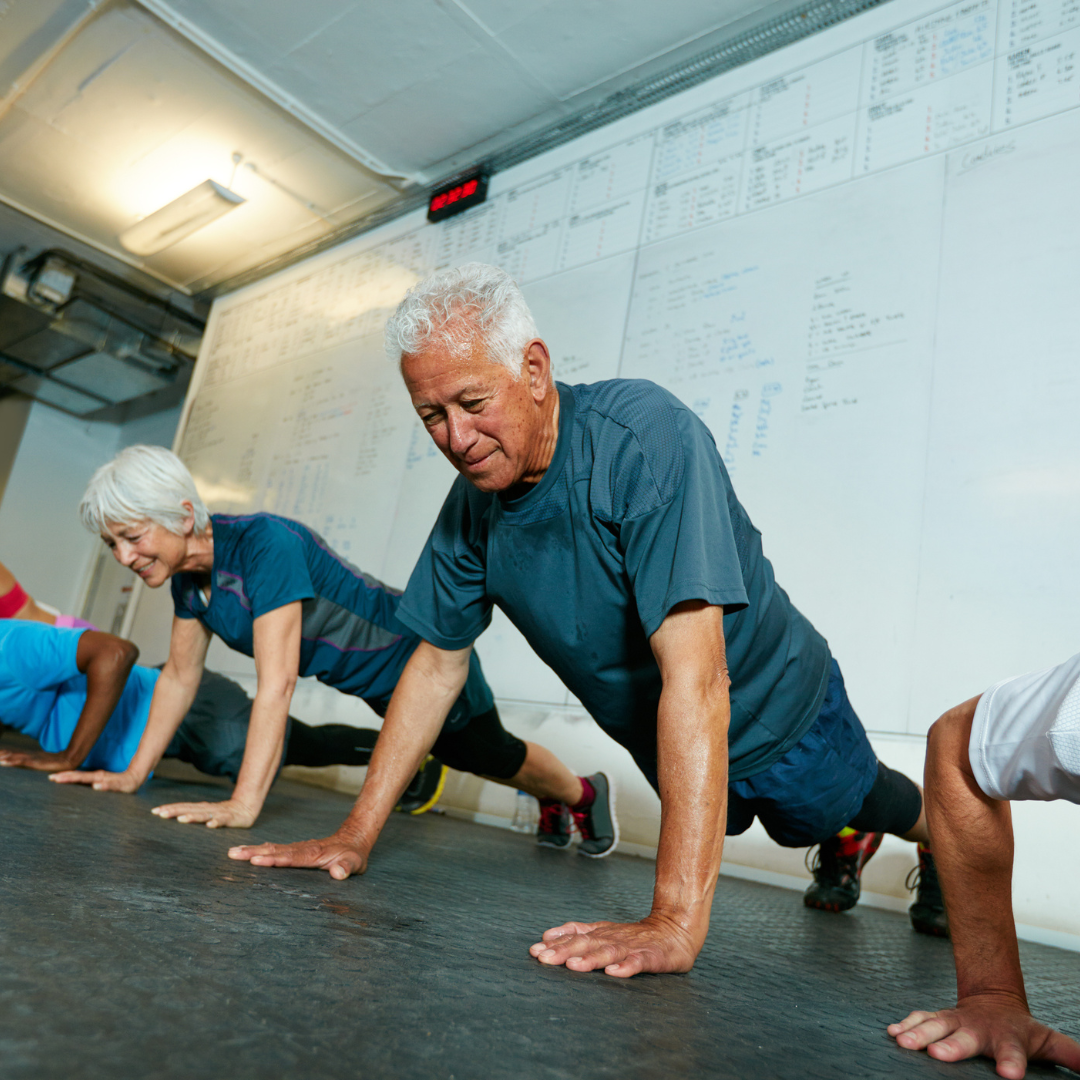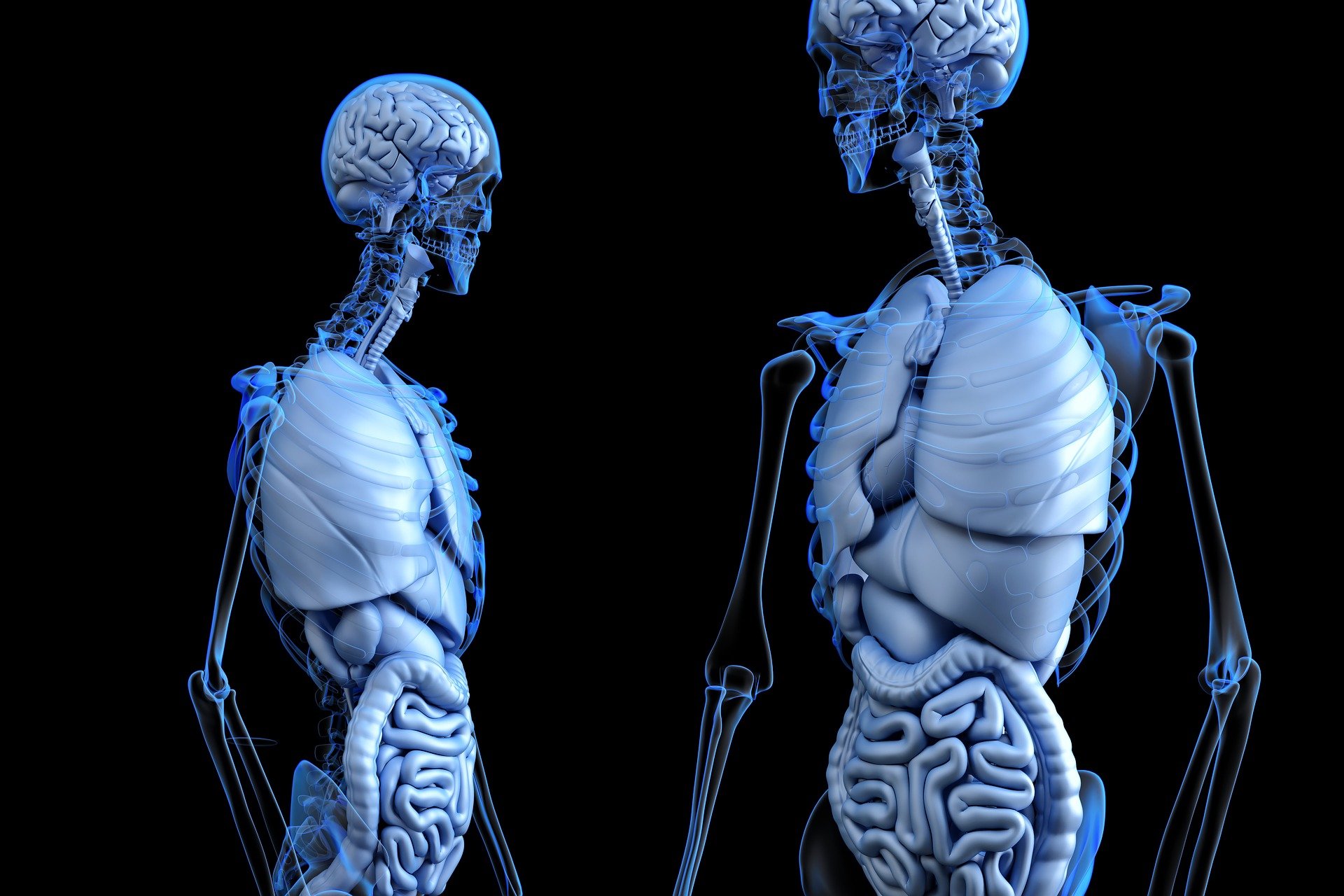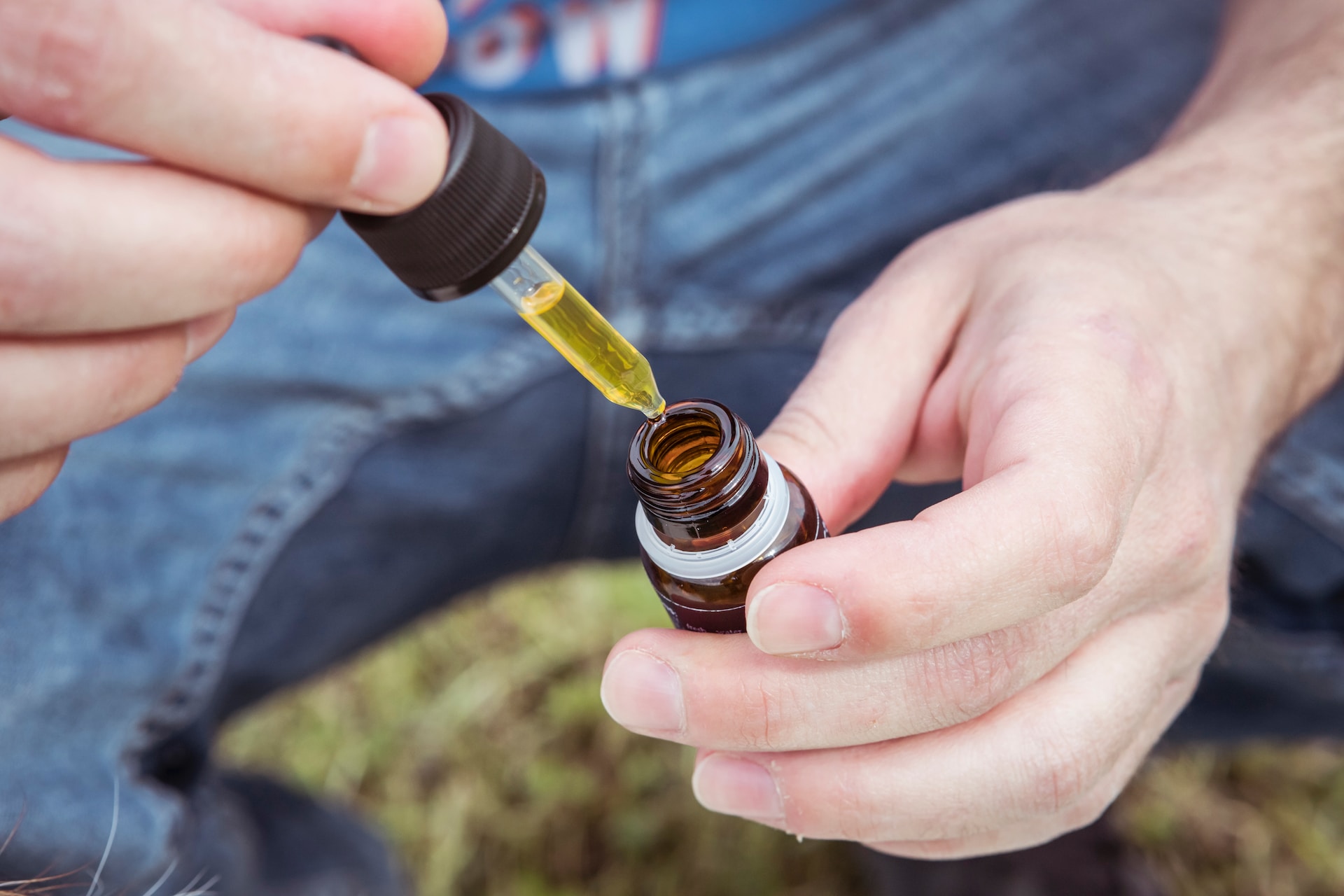Getting older can be difficult for many people. If you begin noticing changes and don’t know how to deal with them, then it can become even more stressful. There are many treatments, lotions, and potions that can help you to attempt to recapture your youth, but knowing how to cope with the changes will prepare you for the future. Here’s how you can cope:
1. Start Exercising
First, make it your mission to find a type of exercise you really enjoy – even if it’s just walking. Walking is a great exercise and just because it’s not in the gym, doesn’t mean we shouldn’t do as much of it as possible. Exercise will improve blood flow, strengthen your bones, and put you in a better mood among other things. Find something you enjoy and try to get into a good routine.
2. Look After Your Skin
Your skin will begin to lose elasticity, so start looking after it. You don’t need to buy expensive products, as there are many great budget brands out there now that can do you the world of good. At the very least, apply SPF every day to protect your skin from sun damage. Even when the weather isn’t great, SPF is essential!
3. Break Your Bad Habits
Habits like drinking too much and smoking are going to begin to make you feel much worse in your later years if they haven’t had an impact on your health already. Breaking habits can be hard but it can be done as you change your mindset and replace bad habits with good habits.
4. Book More Regular Health Appointments
Make sure you stay up to date with health appointments such as eye tests, dental exams, and hearing tests. A professional will be able to spot any changes long before you do. You might find that you can improve your quality of life with the help of Hearing aids, for example.
5. Get Into Good Eating Habits
When you get older, eating junk tends to catch up with you much faster. Try to eat a diet high in protein, fiber, vegetables, and whole grains. Fiber can help you with energy. Supplements are also important, especially those like Omega 3 and Vitamin D. Drinking water, even when you don’t feel thirsty is another important step. 3-5 glasses a day will ensure you stay hydrated all day long. Arranging lunch with another person can also help you to stay healthy and can ensure that you don’t skip any meals.
6. Keep Your Brain Active
On top of everything else, keeping your brain healthy and active is important. The last thing you want to do is notice a decline in brain function. Read books, do puzzles, and challenge yourself. Stay sharp and aim to continue learning whatever age you are. We should never stop learning or trying to better ourselves!
Coping with changes that getting older brings won’t be easy, but it’s something we all need to make peace with. Leave your thoughts below.












